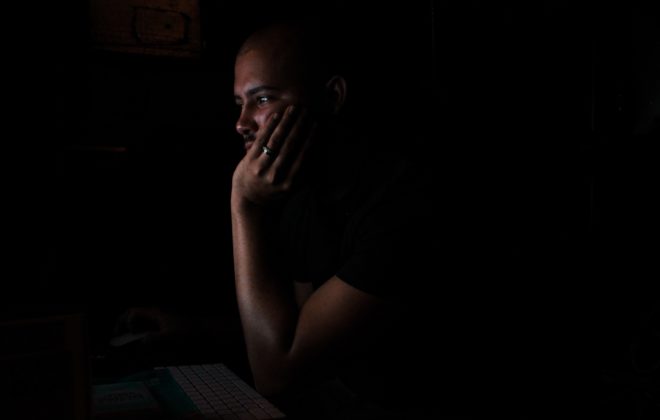How to Bounce Back After A Financial Loss
If you’ve ever experienced a major financial loss, you know the last thing you want to listen to is, “it’s only money.” Because it’s not just money. The physical and emotional effects of a major financial loss are just the same as the grief you experience over the loss of a loved one.
Is it true that people can actually grieve over lost money, houses, and jobs? Yes, and here’s why: any kind of loss – can trigger a grief reaction. Think back to when you lost something important to you. Maybe it was your money, a relationship, a house, or your dear one. You must have experienced any of these emotions.
Anger
Yearning
Sadness
Guilt/self-reproach
Anxiety
Restlessness
Shock
Social withdrawal
Crying
Loneliness
Confusion
Appetite disturbances or sleep
Absentmindedness
This is just a partial list of the thoughts, behaviors, and feelings that are a part of the grieving process. If you recall living with some of these when you had a loss, you were likely going through grief.
1. ACCEPTANCE
Accept the reality that this financial loss has really happened to you. As it helps to numb you against pain. It’s time to intentionally assess its reality and accept its situation. Don’t resist. This does not mean to give up. But it does mean to acknowledge both your fact and the emotions that you have experienced financial loss rather than going through grief. It’s better to go with the river current than fighting to swim against the current.
SEE WHAT YOU CAN LEARN:
Learn from your mistakes and take a lesson. There’s a lesson in everything. Maybe you are not good at making financial decisions. Maybe your value system was overly focused on material things. So, try to make yourself perfect in making a financial decision, if you are not perfect in that. You have to become a better trader and perhaps, ultimately, a richer one.
PRACTICE TO BUILD CONFIDENCE:
It is very common or we can say it’s human nature to lose your confidence after a big loss. Your mind may not feel right to start trading again. Not having a clear mind can cause panic, depression, dilemma, and aggressiveness. None of these are good. The better way to bounce back is to take a step back, and trade in a demo account for a couple of days. In a demo account, you are not bothered about financial aspect and there is less pressure in a demo account (no real money) so it is convenient to just focus on trading.
WRITE ABOUT INCIDENTS WHEN YOU HAD NEGATIVE EMOTIONS.
Identify incidents during trading when you experienced negative emotions. These might include disappointment, fear, embarrassment, guilt, shame, frustration, or disgust. If any of these thoughts seem excess then write in down. If you think you will be a big loser after losing money then that is a bad reaction to everyday occurrences that can block your positive and productive thinking.
CREATE A “LIBRARY” FULL OF POSITIVE THOUGHTS.
Building and maintaining a positive thought can help you be more resilient to negative life events. Spend at least 20 minutes every day to listen, view, or read to something motivational or inspirational. If you do this regularly, you’ll have those feelings and thoughts ready at hand (or rather, ready to mind) when events don’t go exactly the way you’d prefer.
BACK TO LIVE TRADING:
A few winning trades over a couple of days on a demo account will create a positive attitude towards Forex trading and can improve your confidence level gradually. With positive attitude and good confidence level, you will be in position to start Forex trading again with real money.
After a big loss, start with small lot size. It is not advisable to open same lot size you were trading before. So, on the first day back, open a small lot size to analyze your strategy. A small profit with a small lot size will surely increase your confidence level and it will create a positive attitude towards Forex trading, and you can increase your lot size the next day. If you have a losing week, losing on small lot sizes is much easy to manage than another losing week on big lot sizes.
Traders usually try to rush back into live trading after a big loss when they actually need time to improve their trading skills. They ended up losing more. Bouncing back from a losing trade is about focusing on what went wrong, it’s about heading towards basics and implementing a strategy well, it’s not about making money fastly.
Bouncing back after a financial loss may not mean getting your asset or money replaced, but it does mean learning to thrive and survive during a bad time. Will you take this as a defeat or opportunity?



